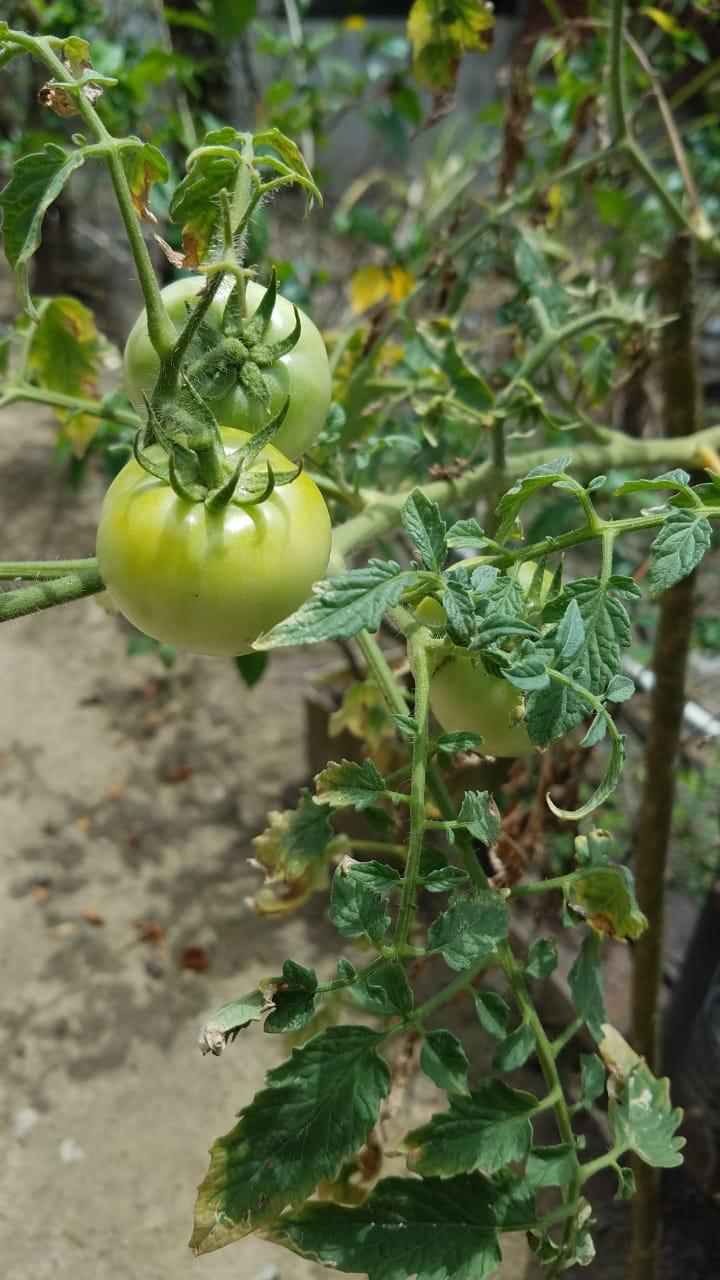By Lakhram Bhagirat
One of the things that make us quintessential Guyanese is the fact that we have the tendency to be self-sufficient in times of adversity. We know how to make the little we have work and how to work our land for our benefit.
In a time when the entire world is battling the effects of the coronavirus disease (COVID-19), there is no better way to social distance or self-isolate yourself than taking up some kitchen gardening. Apart from those who live in the city, almost all Guyanese have access to a little ‘extra’ land at the back of their homes.
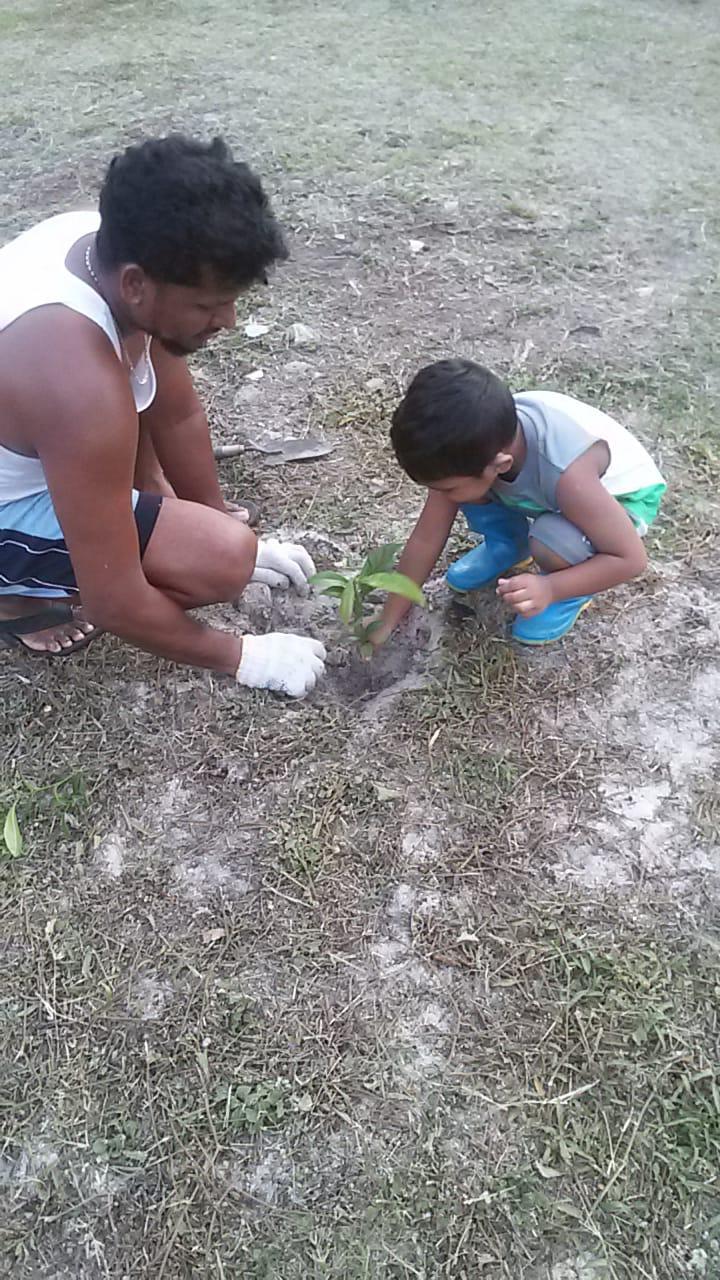
Why not put that land to work for you?
The Food and Agriculture Organisation (FAO) of the United Nations urges the safeguarding of our nutrition during the COVID-19 pandemic by taking up home gardening. This is one way of controlling what we eat and how our food is grown.
The work of the FAO around the world suggests that kitchen gardens can supply up to half of all non-staple food needs, as well as a significant number of vitamins and minerals. This makes them an invaluable tool for food security, particularly for vulnerable families and communities that may already be struggling to meet their nutritional requirements.
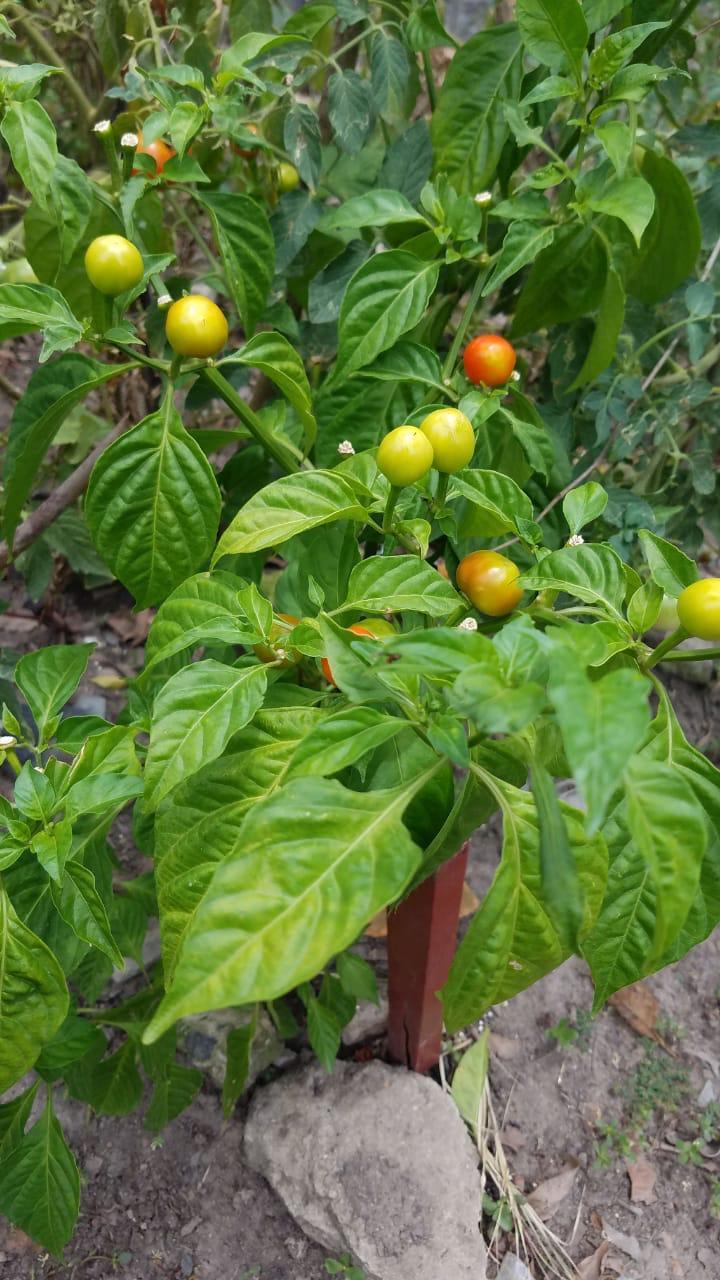
Growing vegetables such as calaloo (bhaji) can help families to improve their nutrition by following the food-based dietary guidelines of Guyana which encourage consumption of a healthy and economical mixed diet. We know that a healthy diet high in fresh foods, vegetables, fruits and staples, such as sweet potatoes and eddoes, will support a healthy immune system, which is especially important during times of stress and contagion. Home gardening is also a valuable form of physical exercise (bending, stretching).
During this time of quarantine and self-isolation, the stress of coping with uncertainty and the “new normal” can be amplified. Beyond physical health, kitchen gardens can also contribute to supporting good mental health, particularly of elderly persons and children by providing them with a productive outlet. Planning, establishing, tending and harvesting kitchen gardens are all activities that keep the mind occupied. These can be done at the pace of the individual to ensure that it does not become stressful or overwhelming.

One of the most important aspects of battling COVID-19 is ensuring your immune system is in tip-top shape. That means that you would have to regularly consume foods that are packed with the required vitamins and nutrients.
By taking up home gardening, it not only saves us a substantial amount on our food bills but it allows us to control how our food is grown. This means the chemicals and growth accelerators large-scale farmers utilise are basically non-existent resulting in healthier produce.
Since social distancing is also the star of the COVID-19 pandemic battle, home gardening is a time to get the entire family involved. With school out and most people working from home, it gives families a lot of time to prepare their plots to grow the food they want to eat.
Starting a kitchen garden is quite easy. First, you would need to identify the spot in which you want to grow your crops. Keep in mind some crops grow better while exposed to direct sunlight while others grow better under shade. So, understanding the crops which you intend to grow is of paramount importance.
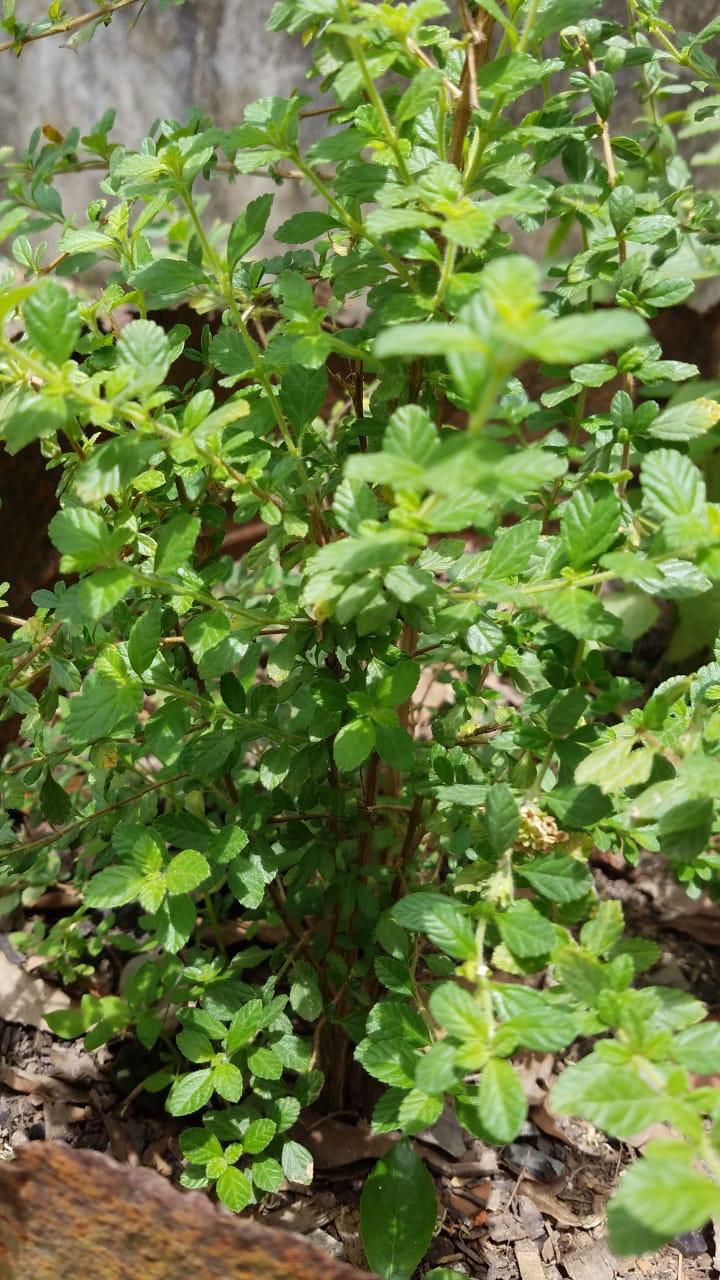
After you’ve identified the spot in which you wish to have your home garden, then you will forge ahead and prepare the soil. This process may be the toughest since involves some amount of manual labour. We would make the beds and prepare our soil by introducing organic manure to aid the growth of our crops.
Then comes the fun part of planting. We can acquire either seeds or seedlings from the various plant shops ad have those transplanted into the prepared beds. We water our plants twice per day and watch the magic happen as they grow so that we would reap.
Bear in mind that we have to ensure that weeds do not infest our beds.
The satisfaction of eating what we’ve grown is incomparable. It is reward enough to just see our crops grow to their full potential.
Ever since she has been home from work, Jenny Ramdass has taken up gardening. She says this gives her tremendous satisfaction while also cutting her food bill.
“I can pick greens from my garden and cook at any time. I have most of the food that we eat here. We have calaloo, eddoes, seasonings, peppers, baigan and other things. It is the best we can get and it is all healthy,” she said.
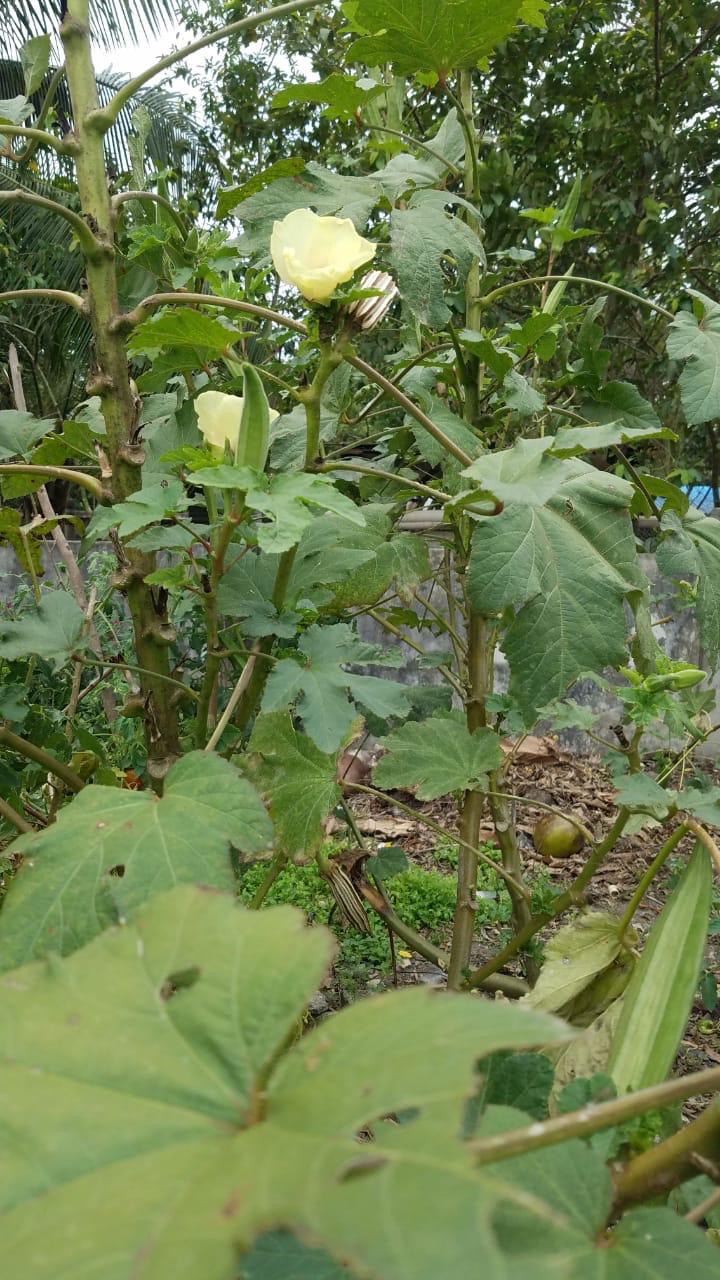
Ramdass is encouraging others to use this time to get into their backyards and plant something. She notes that if we are unable to eat all that we produce, then we would be in a position to help someone in need of some food.
Mahadevi Doobay-Girdhary has always been into home gardening. Now she uses her self-isolating time in the garden even more. She produces enough food to feed her family. What makes gardening even more special for her is the involvement of her husband and son.
If you do not have a backyard space, upcycle old bottles and containers into plant pots and use them to plant herbs and other crops such as lettuce, cabbage, and peppers.
